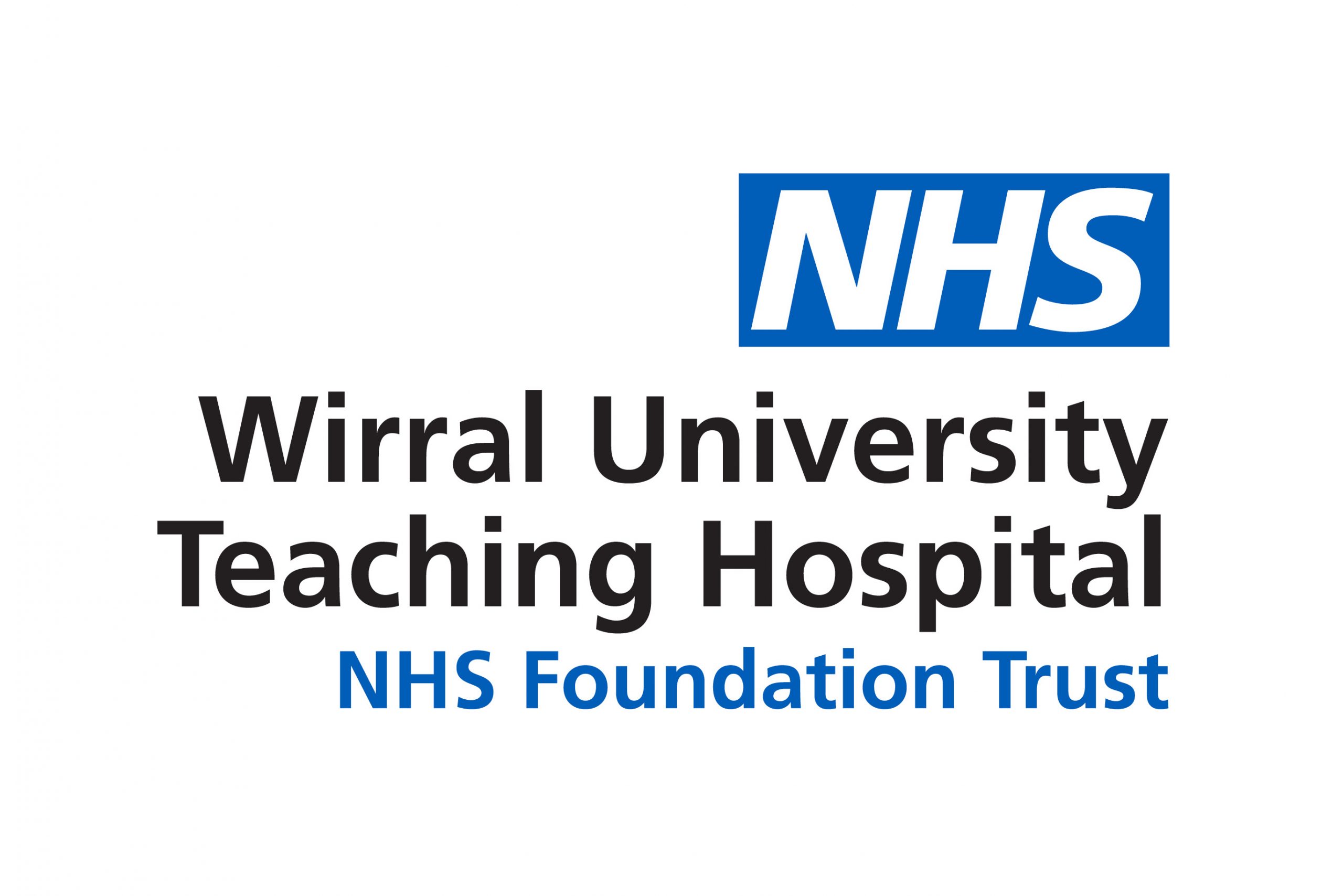
 Biomedical Support Worker in Wirral inWirral
Biomedical Support Worker in Wirral inWirral PUBLISHED SAT 15 JUN 2024 Jump to job information section
Job description
The busy, friendly and developing Department of Cellular Pathology has a vacancy for a Biomedical Support Worker (Band 3) to work alongside Medical Pathologists and Biomedical Scientists in assisting in the processing of Histopathology specimens.
As part of this role the successful candidate will assisting Medical Pathologists and Biomedical Scientists in the dissection of small tissue biopsies and large resection organs.
The other main elements of the role are the processing, embedding and microtomy of tissue samples. Other elements of the role include uses histological equipment, stock control and rotation and recording quality control data.
The Main Duties Of The Role Include
Experience of working in Histopathology is desirable.
Also required are good keyboard skills, good written and verbal communication skills, the ability to work under pressure, be a team worker, and to be able to concentrate for regular prolonged periods of time.
Core hours of work will be 09:00 to 17:30, Monday to Friday and as this is an expanding service there will be a requirement to participate in a Saturday Morning rota.
The Trust and department supports and encourages Continual Personal Development(CPD) and is committed to the training of its workforce.
All new colleagues can expect to receive a warm and friendly Wirral welcome from the very first time they make contact with us. We are described as “competent and caring staff” by our patients.
Wirral University Teaching Hospital NHS Foundation Trust is situated on The Wirral peninsula which has a stunning coastline and beautiful countryside surroundings, with great activities for its residents.
We are one of the largest and busiest acute Trusts in the North West of England, comprising of the Wirral’s only Emergency Department. We provide a high quality range of acute care services and employ over 6,000 staff, who serve a population of approximately 400,000 people across Wirral, Ellesmere Port, Neston, North Wales and the wider North West footprint.
We have approximately 855 beds trust-wide and our financial turnover is in excess of £337m.
The Wirral is easily accessible with excellent transport links including motorway, train, bus or ferry and within easy reach to the major cities of Liverpool, Chester and Manchester as well as neighbouring North Wales.
For further details / informal visits contact: Name: Helen Clarry Job title: Histology Technical Manager Email address: Telephone number:
Susan Spencer, Senior Biomedical Scientist on or email at
As part of this role the successful candidate will assisting Medical Pathologists and Biomedical Scientists in the dissection of small tissue biopsies and large resection organs.
The other main elements of the role are the processing, embedding and microtomy of tissue samples. Other elements of the role include uses histological equipment, stock control and rotation and recording quality control data.
The Main Duties Of The Role Include
- Assisting in specimen dissection
- Processing and embedding of tissue blocks
- Microtomy of tissue blocks
- Non-Gynaecology sample preparation
Experience of working in Histopathology is desirable.
Also required are good keyboard skills, good written and verbal communication skills, the ability to work under pressure, be a team worker, and to be able to concentrate for regular prolonged periods of time.
Core hours of work will be 09:00 to 17:30, Monday to Friday and as this is an expanding service there will be a requirement to participate in a Saturday Morning rota.
The Trust and department supports and encourages Continual Personal Development(CPD) and is committed to the training of its workforce.
All new colleagues can expect to receive a warm and friendly Wirral welcome from the very first time they make contact with us. We are described as “competent and caring staff” by our patients.
Wirral University Teaching Hospital NHS Foundation Trust is situated on The Wirral peninsula which has a stunning coastline and beautiful countryside surroundings, with great activities for its residents.
We are one of the largest and busiest acute Trusts in the North West of England, comprising of the Wirral’s only Emergency Department. We provide a high quality range of acute care services and employ over 6,000 staff, who serve a population of approximately 400,000 people across Wirral, Ellesmere Port, Neston, North Wales and the wider North West footprint.
We have approximately 855 beds trust-wide and our financial turnover is in excess of £337m.
The Wirral is easily accessible with excellent transport links including motorway, train, bus or ferry and within easy reach to the major cities of Liverpool, Chester and Manchester as well as neighbouring North Wales.
For further details / informal visits contact: Name: Helen Clarry Job title: Histology Technical Manager Email address: Telephone number:
Susan Spencer, Senior Biomedical Scientist on or email at
Not sure?
If you're interested in this role but you have questions or you're not yet ready to apply, then please book a quick call with us and we'd be happy to answer any questions you have and tell you more about the role.
If you're interested in this role but you have questions or you're not yet ready to apply, then please book a quick call with us and we'd be happy to answer any questions you have and tell you more about the role.
Requirements
See the job description for full role requirements.
Benefits
Benefits are provided by the employer and will be confirmed during your application.
Is it a match?
A quick tap lets us tune future job matches for you
Location
Salary & benefits
Role duties
Working pattern
More information related to this job opportunity, from jobsincare:
Useful skills for a Biomedical Support Worker:
Click to view
To work as a Biomedical Support Worker in the UK, you'll need a combination of technical, interpersonal, and organizational skills. Here are some key skills and qualifications that are typically required or beneficial for this role:
1. Technical Skills:
- Laboratory Skills: Familiarity with basic laboratory techniques and procedures, including the handling of biomedical specimens.
- Equipment Handling: Knowledge of how to operate and maintain medical equipment and laboratory instruments.
- Quality Control: Understanding of quality assurance processes and ability to follow standard operating procedures (SOPs).
- Data Management: Proficiency in using laboratory information management systems (LIMS) and other software for data entry and analysis.
2. Knowledge Base:
- Biomedical Sciences: A foundational understanding of biology, chemistry, and medical sciences.
- Health and Safety Standards: Awareness of health and safety regulations, as well as infection control practices in a laboratory or clinical setting.
- Regulatory Compliance: Knowledge of compliance with regulatory bodies such as the Care Quality Commission (CQC) and other relevant standards.
3. Interpersonal Skills:
- Communication Skills: Ability to communicate effectively with healthcare professionals, patients, and other stakeholders.
- Teamwork: Capability to work collaboratively as part of a multidisciplinary team.
- Empathy and Compassion: Understanding and sensitivity towards patient needs and concerns.
4. Organizational Skills:
- Time Management: Ability to prioritize tasks and manage time effectively to meet deadlines.
- Attention to Detail: Meticulous attention to detail to ensure accuracy in testing and reporting results.
- Problem-Solving Skills: Ability to identify problems and think critically to find appropriate solutions.
5. Qualifications:
- Educational Background: Typically, a background in life sciences or a related field is preferred. Relevant certifications or diplomas in biomedical sciences or health-related areas can be advantageous.
- Experience: Some positions may require prior experience in a laboratory or healthcare setting, although entry-level positions may be available.
6. Personal Qualities:
- Adaptability: Ability to adapt to changing environments and learn new skills or procedures as needed.
- Professionalism: A strong sense of professionalism and ethical responsibility in dealing with sensitive patient information and laboratory protocols.
7. Further Training:
- Continuous Professional Development (CPD): A commitment to ongoing training and education to stay updated with advances in biomedical technology and practices.


inWirral
53.37269973754883 -3.0737500190734863 Wirral, England, United Kingdom 
Locations
are approximate.
This image is not representative.
Learn more

Scan with your phone to return to this page later.